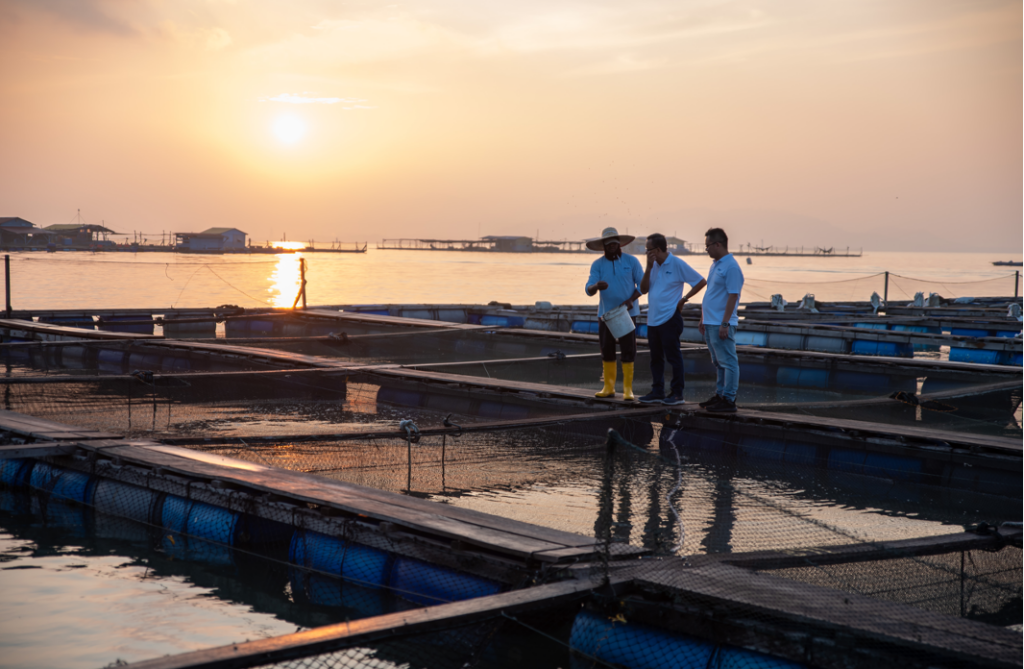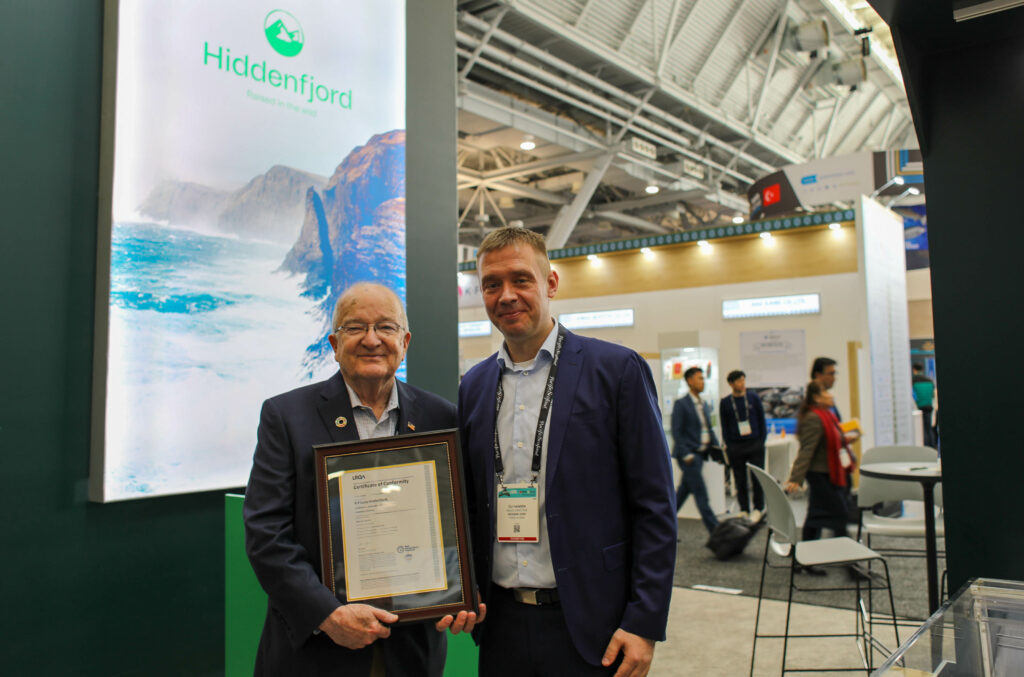Choose Certified Seafood for World Oceans Day
June 8th is World Oceans Day, a global day of celebration and collaboration established to create a better future for the world’s oceans. The oceans are the lifeblood of our planet. They cover nearly two-thirds of the Earth’s surface and contain 97% of the world’s water. They also produce half of the oxygen in the atmosphere and support the greatest biodiversity on Earth. Oceans are also the planet’s largest carbon reservoir, holding up to 54 times more carbon than the atmosphere! Not to mention they’re a primary source of the world’s food.
More than 3.5 billion people around the world depend on the ocean for their primary source of protein, and this number will continue to increase as the world’s population rises. There will be an estimated 9.8 people on the planet by 2050, and with an increasing population comes an increasing demand for more seafood. The increase in healthy, sustainable seafood cannot come from wild fisheries, as they are already under significant pressure. Aquaculture provides a solution.
How Certification Can Help
Currently, aquaculture supplies more than half of the world’s seafood produced for human consumption and this figure will be about two-thirds by 2030! The Best Aquaculture Practices (BAP) program ensures that the increase in aquaculture production needed to meet the world’s growing demand for protein is done responsibly.
The BAP program is the most comprehensive aquaculture certification program in the world. BAP standards cover the entire production chain, which includes the processing plant, farm, hatchery and feed mill. BAP standards also cover environmental responsibility, social responsibility, food safety and animal health and welfare. BAP standards help to lessen the impact aquaculture has on the ocean and the surrounding environment by:
- Minimizing the use of feed ingredients derived from wild fisheries
- Monitoring water quality of effluents
- Ensuring farms are not located in mangrove or other wetland areas where they displace important natural habitats
- Ensuring farms take all practical steps to prevent escapes and transfer of disease between farmed and wild fish
- Ensuring no prohibited antibiotics, drugs or other chemical compounds are used
To learn more about what the BAP standards cover, visit our standards page.
What You Can Do
This World Oceans Day, think about putting more farmed seafood on your plate! As a consumer, you can ensure you’re buying seafood that was produced responsibly by looking for the BAP certification label or asking your local retailer about where they source their seafood from. A list of all of the retailers and foodservice operators that endorse the BAP program can be found on our marketplace page. You can also find a full list of the BAP-certified facilities and species on our facilities page. Cooking up BAP-certified seafood for dinner? Share it with us! Tag us and use the hashtag #BAPcertified to be featured on our social pages!




